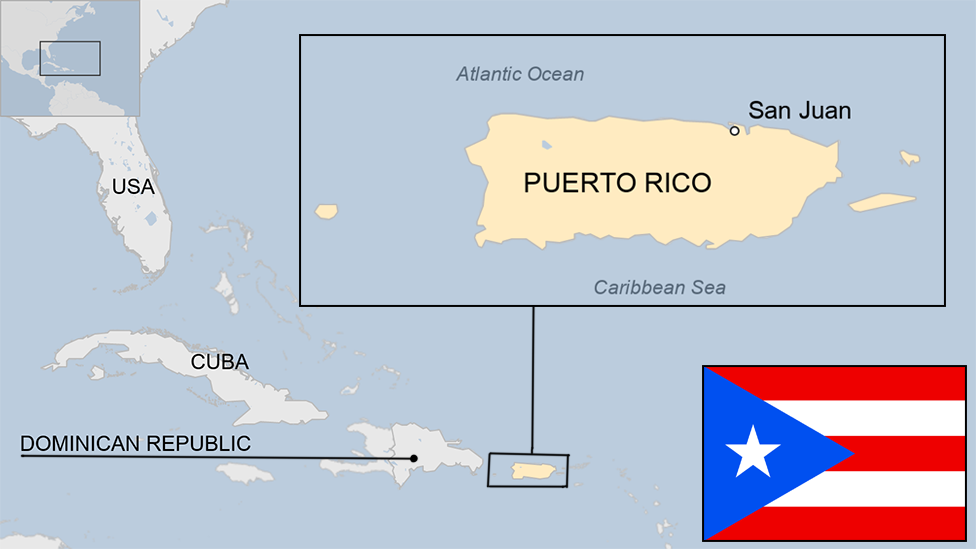Hurricane Maria: Puerto Rico mayor derides Trump actions
- Published
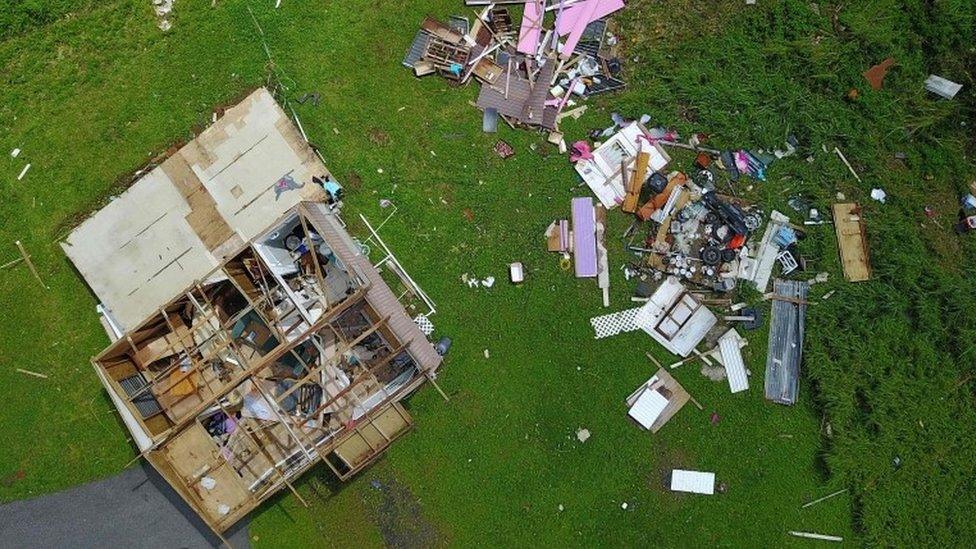
Puerto Rico has struggled to recover from the effects of Hurricane Maria
The mayor of the Puerto Rican capital San Juan says President Donald Trump's response to the hurricane that devastated the US territory last year is a "stain on his presidency".
Carmen Yulin Cruz's comments came a day after officials said 2,975 people had died in Puerto Rico following Hurricane Maria last September.
The revised death toll is nearly 50 times the previous estimate of 64.
"The Trump administration killed the Puerto Rican with neglect," she said.
Speaking to CNN, she added: "The Trump administration led us to believe that they were helping when they weren't really up to par."
The territory has struggled to repair its infrastructure and power grid since the storm, and is asking US Congress for $139bn (£108bn) in recovery funds.
Ms Cruz criticised Mr Trump personally for his response to the crisis, referencing a photo op during which the president threw rolls of paper towels to a crowd of hurricane survivors.
On Wednesday Mr Trump defended his administration saying: "I think we did a fantastic job in Puerto Rico."
"We have put billions and billions of dollars into Puerto Rico and it was a very tough one," he continued, adding "I think most of the people in Puerto Rico really appreciate what we've done."
"I only hope they don't get hit again," said Mr Trump.
Hurricane Maria in Puerto Rico wasn't a "real catastrophe like Katrina", Trump told officials in the US territory last year
"Shame on President Trump for not even once - not even yesterday - just saying: 'Look, I grieve with the people of Puerto Rico.'" said Ms Cruz.
"This will be a stain on his presidency for as long as he lives. Because rather than come here to support us, he came here to throw paper towels at us, and we will never forget and we will always remember."
President Trump praised the federal response to the hurricane-ravaged island in the weeks following the storm. But critics accused him of showing more concern for residents in Texas and Florida after they were hit by hurricanes.
But on Wednesday Mr Trump contrasted the two responses, saying "Puerto Rico was actually more difficult because of the fact it was an island".
During a visit to Puerto Rico in October, Mr Trump suggested officials should be "proud" the death toll - at the time only 16 - was not as high as "a real catastrophe" like Hurricane Katrina in 2005.
Why the change in fatality numbers?
The authorities have faced criticism for underreporting the toll of Maria - the most powerful storm to hit the region in nearly 90 years.
Until Tuesday, the official figure was 64. It was limited to those killed directly by the hurricane, crushed by collapsing buildings, drowned or hit by flying debris.
The island had previously acknowledged the death toll was probably much higher. In the wake of the disaster, some experts estimated as many as 4,600 deaths.
Months after Maria, many on this US island still suffered in the dark
The latest findings - accepted by the island's authorities - were made in a report, external by experts from George Washington University, which the governor commissioned.
This counted those who died in the six months following the storm as a result of poor health care and a lack of electricity and clean water. Repeated power cuts also led to an increased number of deaths from diabetes and sepsis.
Doctors are also said to have "lacked awareness" on how to appropriately certify deaths attributed to natural disasters.

What does the report say?
Researchers tracked the number of deaths using death certificates and other mortality data between mid-September 2017 to mid-February of this year.
The Caribbean island is home to 3.3 million people, some 8% of which have since left the island, the study said.
It also said that those from poorer backgrounds in Puerto Rico were 45% more likely to have been killed in the aftermath of the hurricane.
The governor of Puerto Rico said he would sign an executive order to create a committee to examine and put into practice the report's recommendations.
- Published29 August 2018
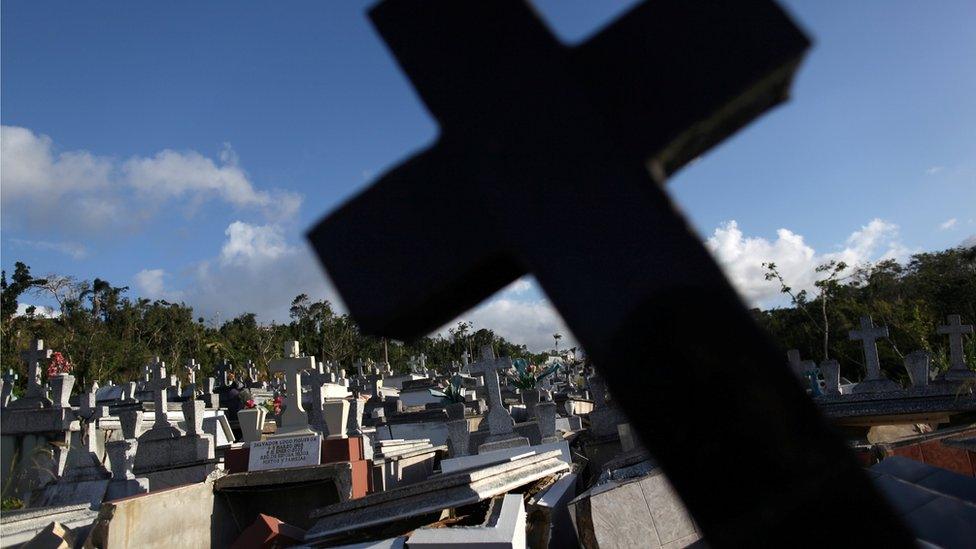
- Published9 August 2018
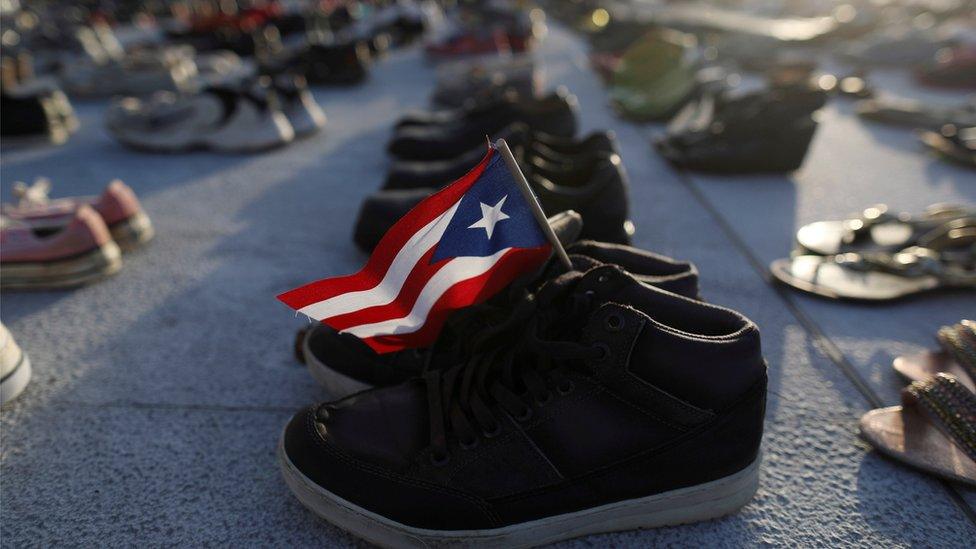
- Published18 April 2018
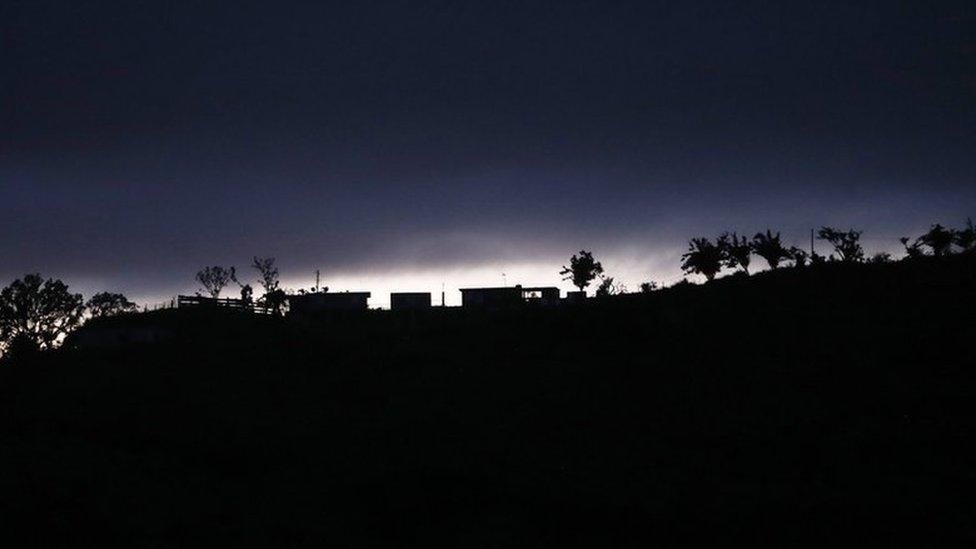
- Published12 October 2017
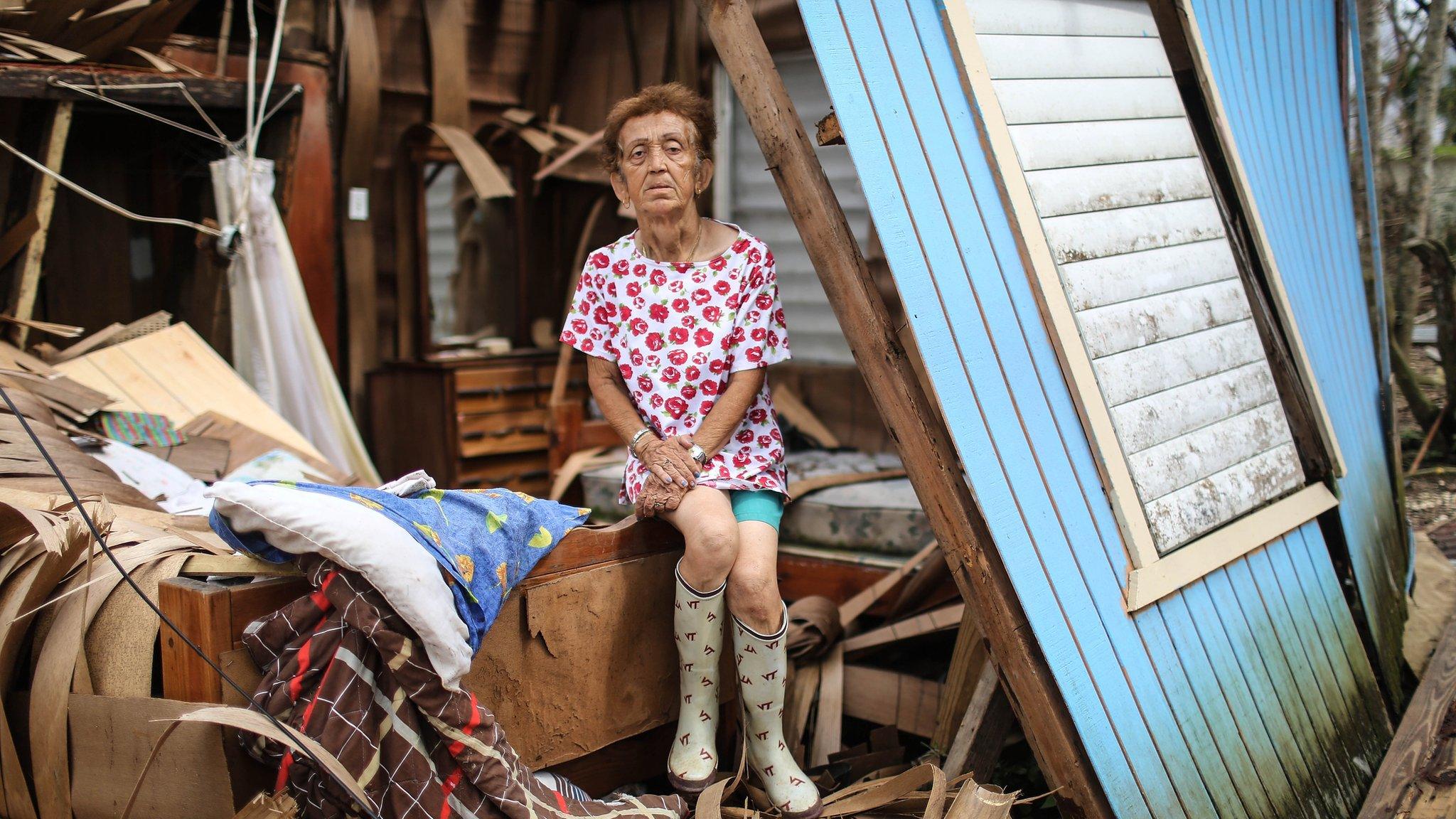
- Published3 October 2017
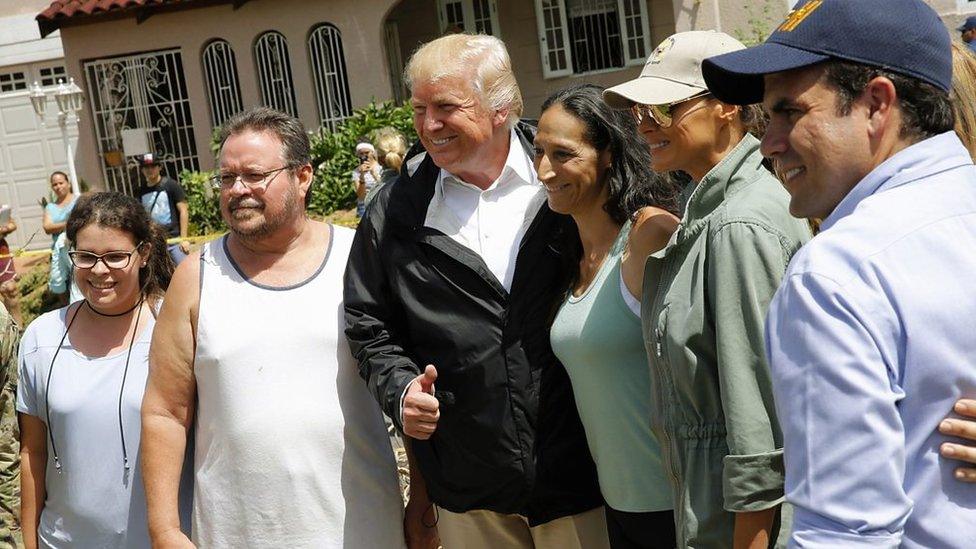
- Published30 September 2017
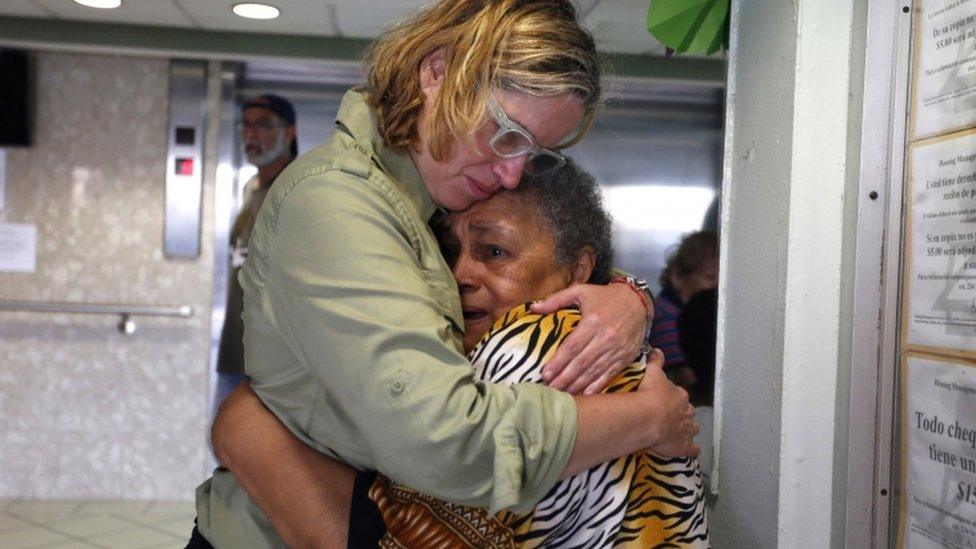
- Published27 September 2017
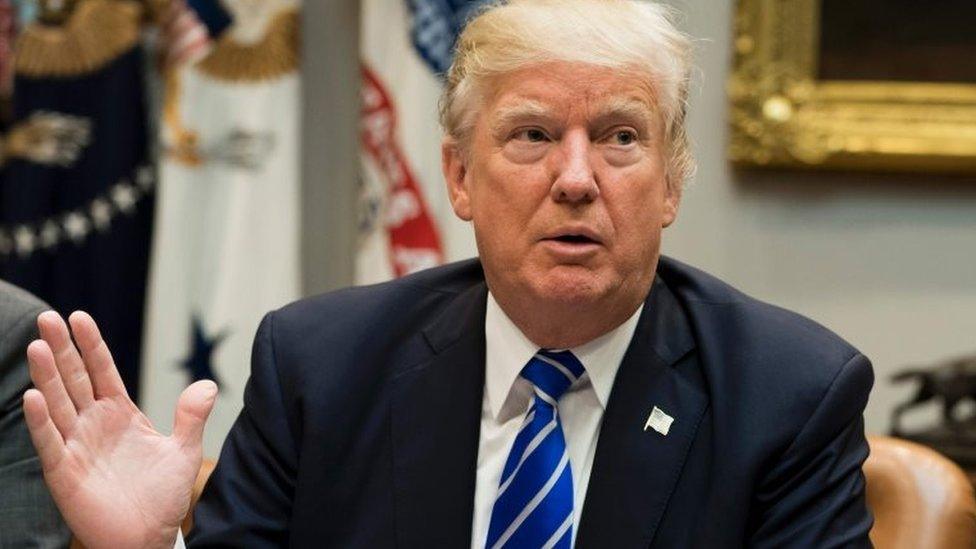
- Published26 September 2017
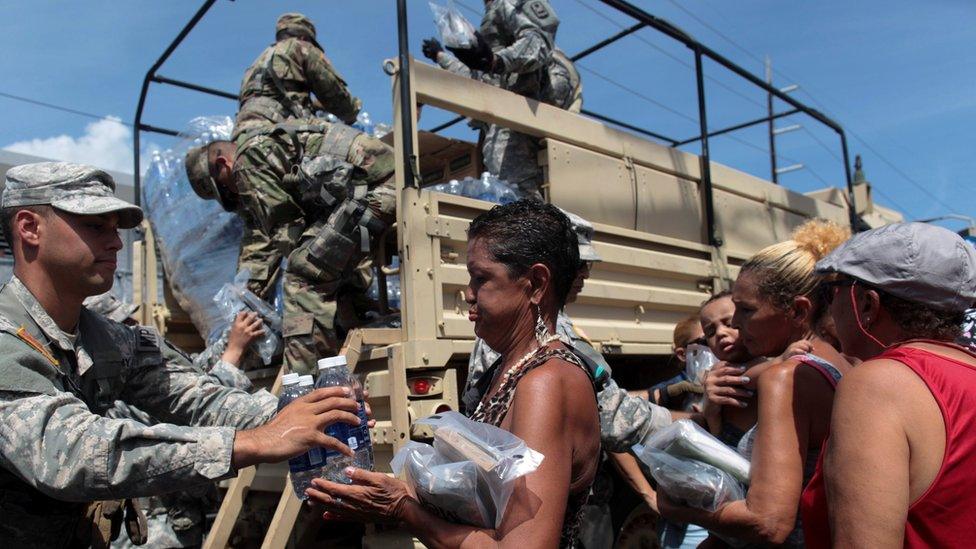
- Published26 September 2017
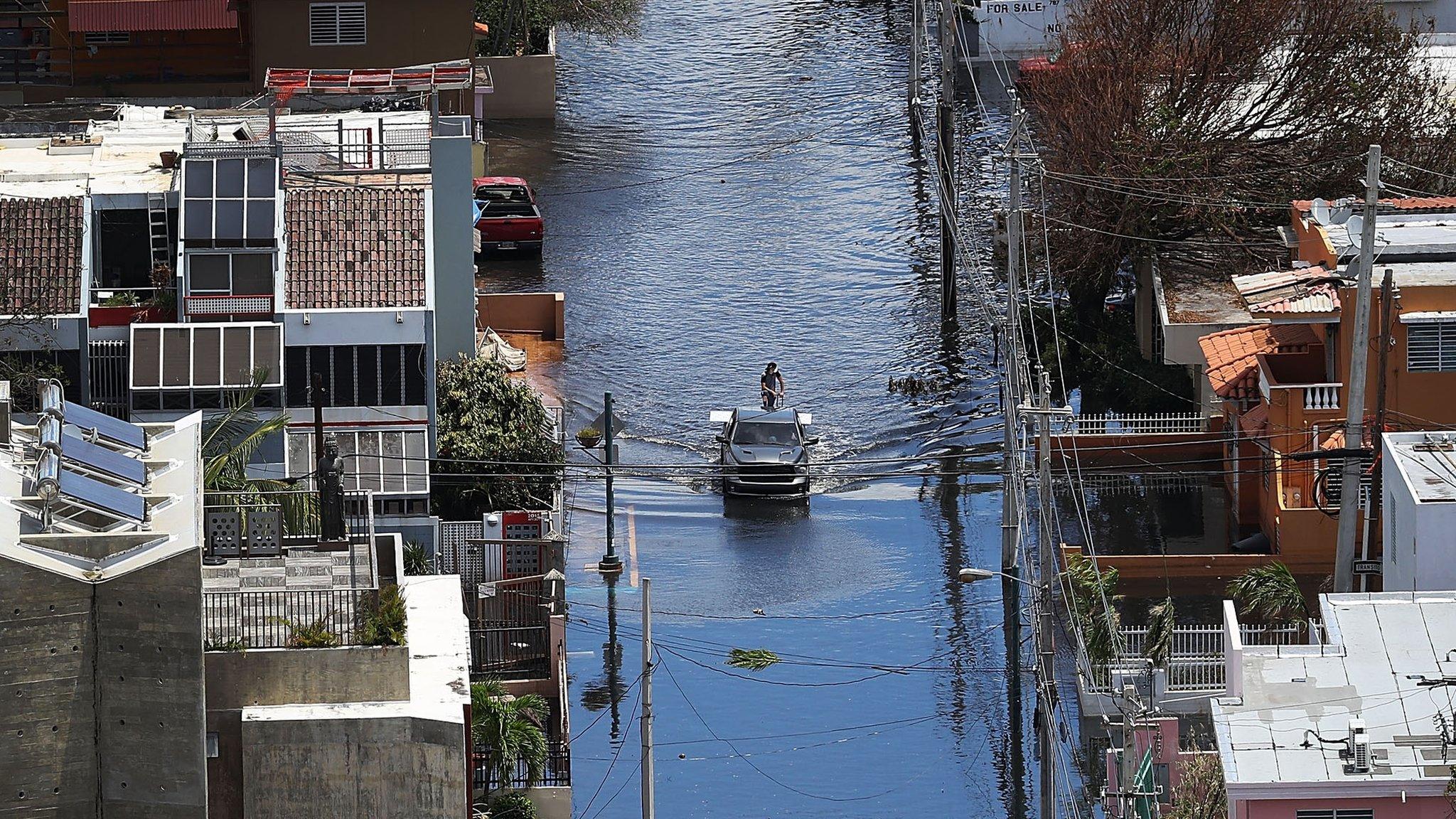
- Published24 September 2017
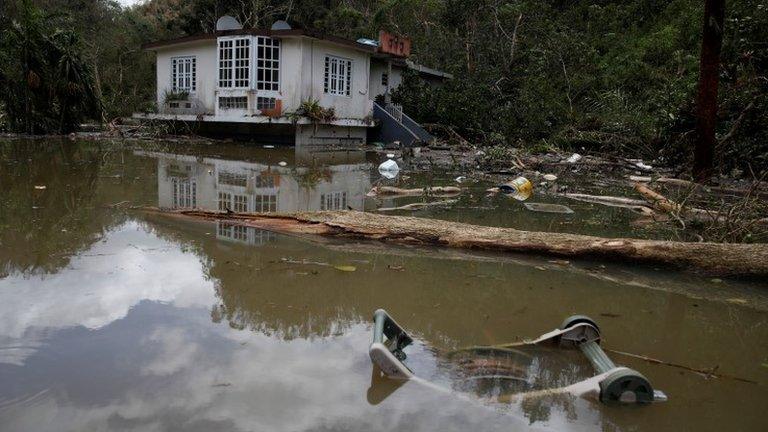
- Published11 September 2023
